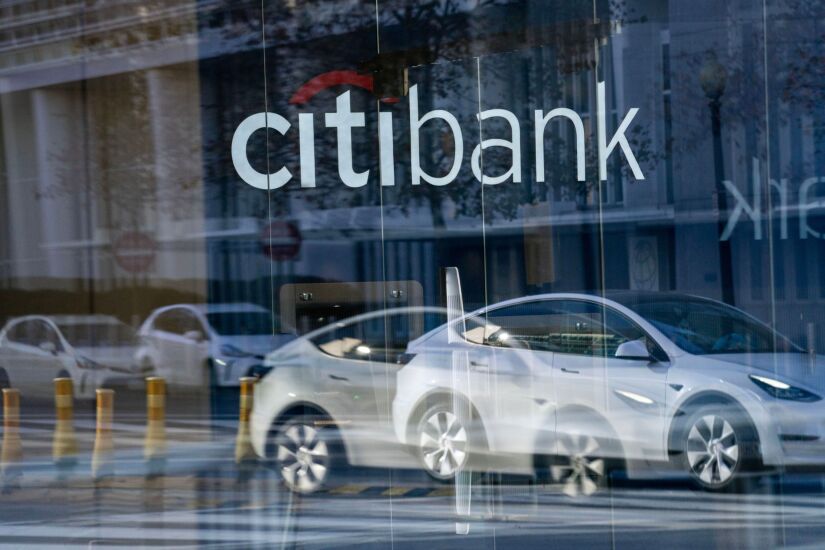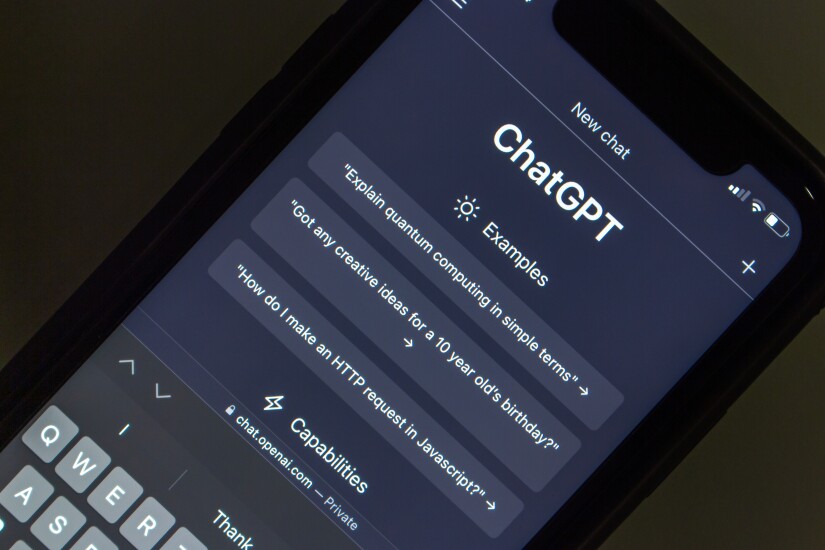In this month's roundup of top tech news: The impact of Synapse's bankruptcy on the banking-as-a-service industry, large language models best suited for banks, Discover deploys generative artificial intelligence in its contact center and more.

Europe may have an answer to U.S. wire transfer fraud questions
The move also highlights ongoing debates in the U.S. and abroad about who should be liable when a consumer loses money to a bank spoofing scam. While Europe is moving toward holding banks liable, the U.S. has not seen any such proposals.
Letitia James, the state's attorney general,

Ripple's proposed $2 billion fine would close ugly chapter
The SEC in late March asked the U.S. District Court for the Southern District Court of New York to order Ripple to comply with federal securities laws and pay a $1.9 billion fine to the SEC. According to the court, Ripple is expected to file an opposition brief on April 22 and the SEC would reply on May 6. The court says it will issue a final ruling on remedies sometime after that.
Ripple declined a request for comment, but pointed to a recent tweet posted by CEO Brad Garlinghouse: "Gensler's SEC has repeatedly acted outside the law — not going unnoticed by Judges admonishing the agency for a 'gross abuse of the power entrusted to it by Congress' (DEBT Box case) and for acting without 'faithful allegiance to the law' (Ripple case). Let's not also forget Gensler's lack of attention to SBFraud."

Strangers, family defrauding seniors at an alarming rate: Fincen
The analysis from the Financial Crimes Enforcement Network, or Fincen, follows up on
Elder financial exploitation encompasses both elder scams, which is the transfer of money to a stranger or imposter for a promised, undelivered benefit; and elder theft, which is theft by an otherwise trusted person. According to Fincen's analysis, roughly 80% of exploitation reports involved scams, and the remaining 20% were theft cases.

What Synapse's bankruptcy means for the BaaS model
It also suggests the remaining players will have to evolve to survive.
On April 19, instant payment platform TabaPay announced that it had entered into an agreement to acquire the assets and affiliates of Synapse Financial Technologies after Synapse filed for chapter 11 bankruptcy, pending approval in the bankruptcy court. Synapse, which supported banking-as-a-service relationships by connecting nonbank companies aiming to launch or embed financial products with licensed banks, has been

Treasury accuses banks of 'insufficient data sharing' on fraud
The dearth of banks sharing their fraud data undercuts smaller banks' efforts to train anti-fraud AI models — models that many banks hope will replace rule-based engines, deny lists and device fingerprinting in the fight to detect and prevent transaction-related crimes such as money laundering and fraud.
Treasury acknowledged a general gap in the data available to financial institutions for training AI models of all kinds, but the report said the gap is "significant in the area of fraud prevention," which the report contrasted with robust cybersecurity data sharing efforts led by organizations including the

Stanford researchers say large language models favor white-sounding names
In a paper entitled, "
For those in the financial industry that have begun using large language models

Sharing fraud data is hard. Two industry efforts aim to make it easier.
Because of this lack of collaboration, fraudsters benefit from the fact that even if they get caught defrauding one bank, it might take their next target days or weeks to learn about it. This gives them time to carry out their next scheme.
Multiple efforts are underway from fraud detection companies, banking industry groups and others to establish data-sharing exchanges for banks looking to fight back. Among these efforts, and cited by the Treasury in its

Which large language models are best for banks?
"Most banks — excluding perhaps the biggest tier-one banks with substantial research and development in-house — will be much more focused on the technology providers they work with to build these capabilities, in other words the IBMs, Microsofts, Googles, Oracle and AWSs of the world, rather than the much more hyped-up foundation model providers like OpenAI," said Gilles Ubaghs, a strategic advisor at Datos Insights.
But this could be a mistake, according to Bhavesh Dayalji, chief AI officer for S&P Global and CEO of Kensho, an AI company S&P Global bought in 2018. There is risk for companies in locking themselves into a closed architecture and one model or type of model from a big cloud provider, Dayalji said.

Amex bolsters digital design to boost customer satisfaction
At 150 people, it is the largest digital design organization within

Discover deploys generative AI in its contact center
On April 9, the two companies announced that the $152 billion-asset bank is deploying Google Cloud's AI development platform, Vertex AI, to summarize policies and procedures for agents so they can quickly return answers to customers while on the phone, and enable real-time search for documents using natural language.
One major goal is to alleviate the mental load on agents so they can better focus on the customer. As digital banking has progressed, "The calls that customer service agents are getting today are the most difficult calls," Szabolcs Paldy, senior vice-president of operations at Riverwoods, Illinois-based Discover, said in an interview. "You don't call for your balance or to sign up for an offer."





